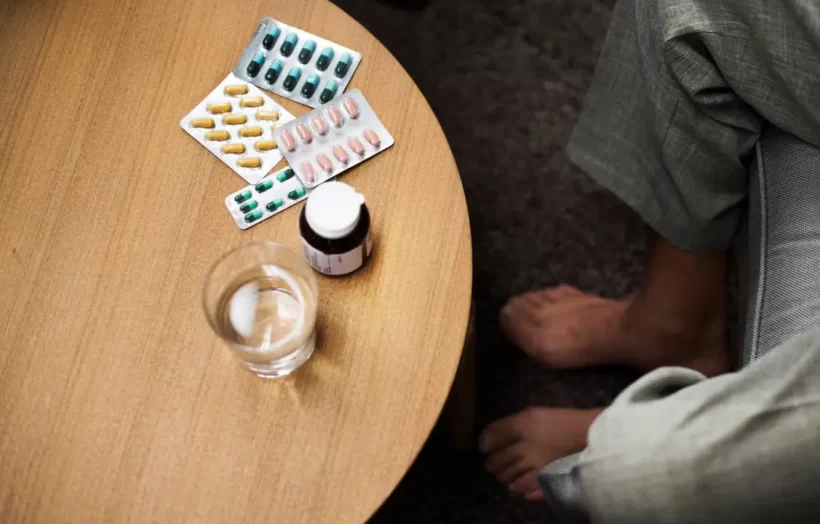
Opioid addiction is a pressing health crisis affecting millions worldwide. In battling this epidemic, medication-assisted treatment (MAT) has emerged as a critical component. This article delves into the role of MAT in treating opioid addiction, demystifying its usage, benefits, and challenges.
Medication-assisted treatment combines medication with counseling and behavioral therapies to treat substance use disorders. In the context of opioid addiction, MAT involves medications designed to reduce cravings and withdrawal symptoms, thereby assisting in recovery.
Evidence shows MAT's effectiveness in opioid addiction treatment. The Substance Abuse and Mental Health Services Administration (SAMHSA) reports that MAT significantly increases patient survival, increases retention in treatment, and decreases illicit opiate use. A study in the Journal of Substance Abuse Treatment found that MAT reduces the risk of fatal overdoses by over 50%.
MAT is most effective when integrated into a comprehensive treatment plan that includes counseling and behavioral therapies. This approach addresses the psychological aspects of addiction, ensuring a more holistic recovery process.
Despite its effectiveness, MAT often faces stigma, both socially and within certain treatment circles. It's crucial to understand that MAT is not replacing one addiction with another, but rather using medication as a tool to achieve and maintain recovery.
Access to MAT can be limited due to factors like cost, lack of nearby treatment facilities, or limited knowledge among healthcare providers. Expanding access to MAT is essential for tackling the opioid crisis effectively.
While MAT can be highly effective in the short term, it's also important for long-term recovery. Continual monitoring and adjustments to the treatment plan are crucial for sustaining recovery and preventing relapse.
Medication-assisted treatment plays a vital role in the treatment of opioid addiction. By combining medication with counseling and behavioral therapies, MAT offers a comprehensive approach to recovery. Understanding and addressing the challenges and stigma associated with MAT can pave the way for more effective and accessible treatment options, ultimately contributing to the larger fight against the opioid epidemic.